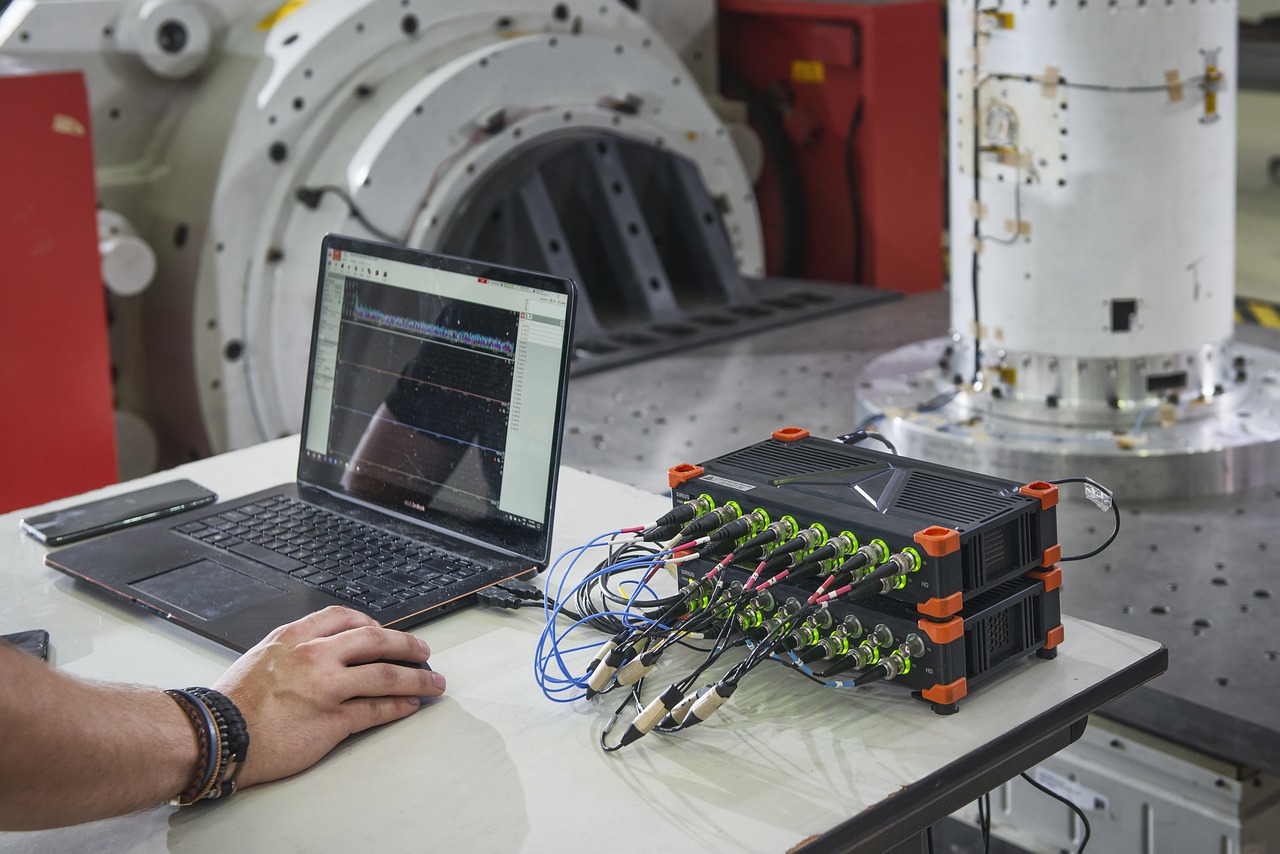Rack colocation is an increasingly popular choice for small businesses and startups aiming to manage their IT requirements efficiently. By housing their servers in a shared colocation facility, companies can achieve cost savings, enhanced security, and scalability without the overhead costs of establishing and maintaining their own data centre.
Why Rack Colocation is Essential for Small Businesses
For many small enterprises, investing in IT infrastructure can be prohibitive. Rack colocation presents an economical alternative, allowing them to rent physical space in a high-security data facility. This arrangement offers multiple benefits, including reduced energy expenses and maintenance fees. Furthermore, businesses can access professional-grade infrastructure and high-speed internet connections, which would otherwise be expensive to maintain independently.
Benefits Over Traditional Server Management
Managing servers in-house demands significant capital outlay as well as dedicated personnel for routine monitoring and troubleshooting. Co-location offers a hands-off approach, outsourcing these critical tasks to the colocation provider. This model allows businesses to focus on core activities while ensuring hardware is safeguarded and operates optimally. Additionally, data centres offering colocation services typically have redundancy systems that provide added layers of resilience and reliability.
Enhancing IT Infrastructure and Business Operations
Adopting rack colocation can significantly enhance a company’s IT infrastructure. The shared environment fosters greater uptime and connectivity. With advanced cooling systems and robust power backups, these facilities are engineered to prevent server downtime, helping businesses maintain seamless operations. For small organisations, this means consistent performance and the agility to adapt to market demands quickly.
Selecting the Right Colocation Provider
Choosing a suitable provider requires careful consideration. Factors such as location, scalability options, and pricing models play a significant role in ensuring the arrangement aligns with business goals. Proximity can impact latency, affecting how swiftly data can be accessed and transmitted. Hence, a venue closer to the business headquarters is often preferable. While evaluating providers, attentiveness to security protocols and compliance with industry standards is also crucial.
Case Studies Illustrating Benefits
Several enterprises exemplify the advantages of using rack colocation. For instance, a London-based tech startup transitioned from in-house server management to a colocation facility, resulting in a 30% reduction in operational costs. This move allowed the business to redirect resources towards product development and customer acquisition. Similarly, a small retail chain benefited from enhanced server uptime and network stability after opting for colocation, which helped improve their e-commerce operations significantly.
Future Trends in Rack Colocation
The demand for rack colocation is set to rise as small to medium-sized entities look for solutions to streamline their IT operations. Current trends indicate a move towards hybrid models where businesses use a combination of cloud-based services and colocation, maximising flexibility and storage solutions. Furthermore, with the growing emphasis on data security and privacy, these facilities will likely integrate more advanced security measures to stay ahead of potential threats.
Relevance for SMEs
Small and medium enterprises (SMEs) stand to gain immensely from incorporating rack colocation into their infrastructure strategy. Not only does this approach facilitate enhanced scalability, but it also provides them with the technological edge needed to compete in an increasingly digital landscape. By entrusting their server management to reliable colocation providers, these businesses can innovate without the constraints of outdated IT systems.
Concluding Thoughts
Rack colocation is proving to be a valuable asset for small businesses and startups aiming to refine their IT infrastructure without significant capital investment. By partnering with top-tier colocation facilities, they can gain access to state-of-the-art resources that drive growth and competitiveness. Looking forward, as businesses adapt to technological advancements, rack colocation will continue to play a pivotal role in shaping their success and sustainability.

